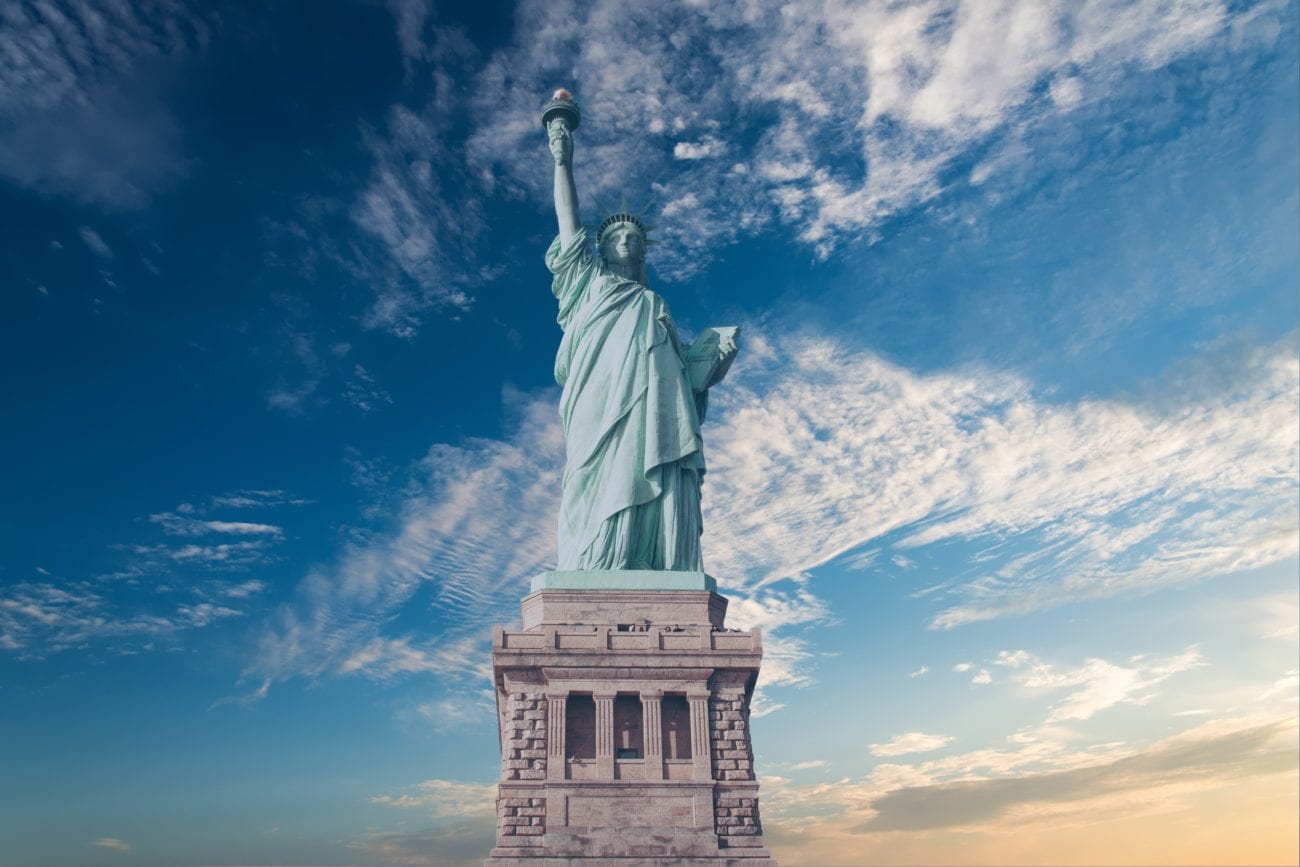NY Gaming Commission sets out sports betting regulations

The New York State Gaming Commission has taken the first step towards launching regulated sports betting in the state after approving regulations for the vertical.
A meeting on Monday (January 28) saw the six-member commission approve regulations that will allow the state’s four commercial casinos to obtain sports betting licences, setting out a range of technical and reporting requirements.
Sports betting must be conducted in dedicated, in-venue lounges, which must be at least 500 square feet, with no form of on-property mobile wagering or online betting permitted. All individuals directly involved in the operation of the sportsbook offering must be licensed or registered by the Commission, under the terms of the state’s Racing, Pari-Mutuel Wagering and Breeding Law.
The operators themselves will be able to apply for certification that lasts as long as their casino licence, provided they supply a detailed operational plan for their sportsbook, as well as any evidence of their experience in sports betting.
The casinos may also partner with a vendor to operate or assist in the running of the sportsbook, with all four existing commercial venues having already done so. Empire Resorts’ Resorts World Catskills has paired off with bet365; the del Lago Resort & Casino with DraftKings; Paddy Power Betfair’s FanDuel with Tioga Downs and Rush Street’s interactive arm will power sports betting at its Rivers Casino & Resort Schenectady.
Players aged 21 and over will be able to bet on any event whose outcome can be verified and provided the outcome of the wager can be generated by a reliable and independent process. The event’s outcome must not be affected by bets being placed and the event must be conducted in compliance with all applicable laws, rules and regulations.
Wagering will not be permitted on horse racing, on any amateur or youth sports event other than collegiate sports approved by the commission, and no bets can be placed on non-sporting events.
The Commission may also rule that betting on certain sporting events is contrary to public policy. Leagues or governing bodies are able to submit requests for wagering on events they manage to be prohibited, provided they do so 60 days ahead of that event taking place.
While the rules do not mandate the use of official league data, operators are required to regularly check the accuracy of the sports data feeds they use, and to employ an integrity monitoring provider to flag any unusual betting activity.
The regulations are also likely to be applicable to the state’s tribal casinos, which are permitted to offer the same products as commercial venues under state gaming laws.
Having been passed by the New York State Gaming Commission, the regulations will now be accepting public comments for a 60-day period, before being given final approval.
The passage of the legislation has been smoothed by a 2013 law that gave New York the green light to establish commercial casinos in upstate areas, to create new jobs in the area. This was approved by voters with an amendment that gave the state the right to regulate sports betting should the Professional and Amateur Sports Protection Act be struck down.
However as it only permits land-based, in-venue wagering, efforts to pass legislation for a wider roll-out of sports betting are underway. State Senate Racing, Wagering and Gaming Committee chair Joseph Addabbo has signalled his commitment to pushing for the current regulations to be amended to legalise mobile wagering, while Assemblyman Gary Pretlow has also pledged to introduce his own proposal.
